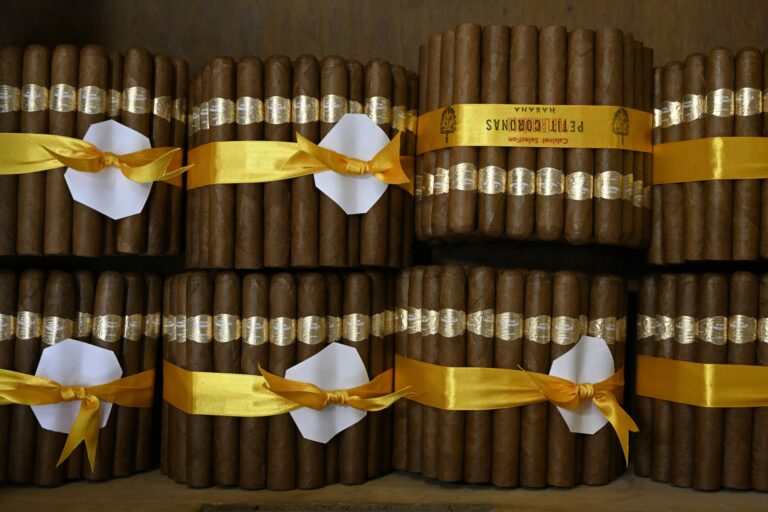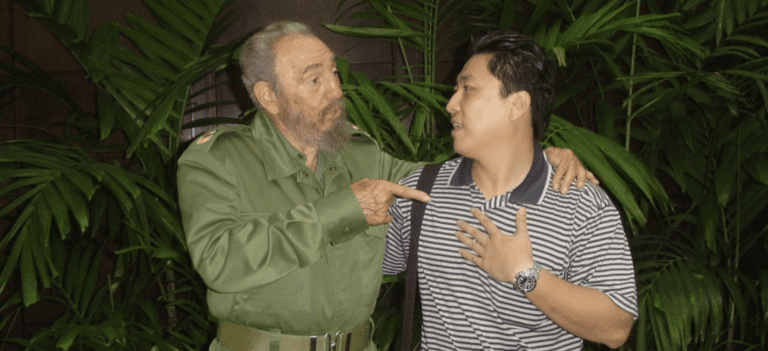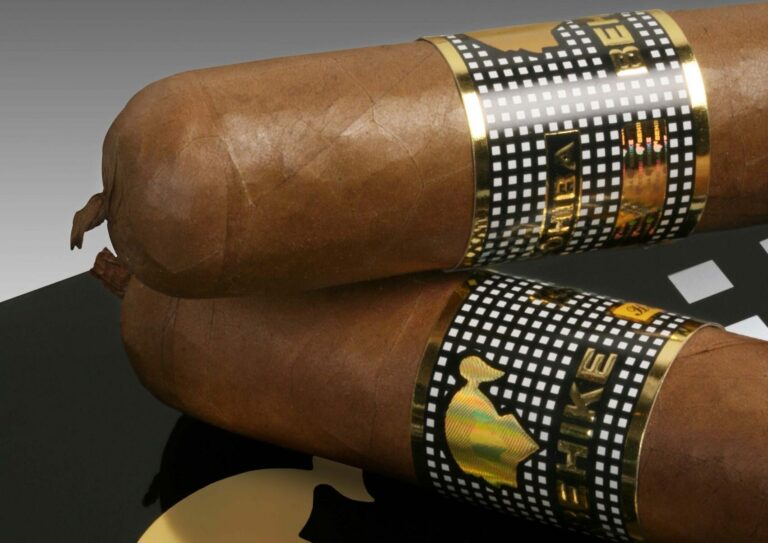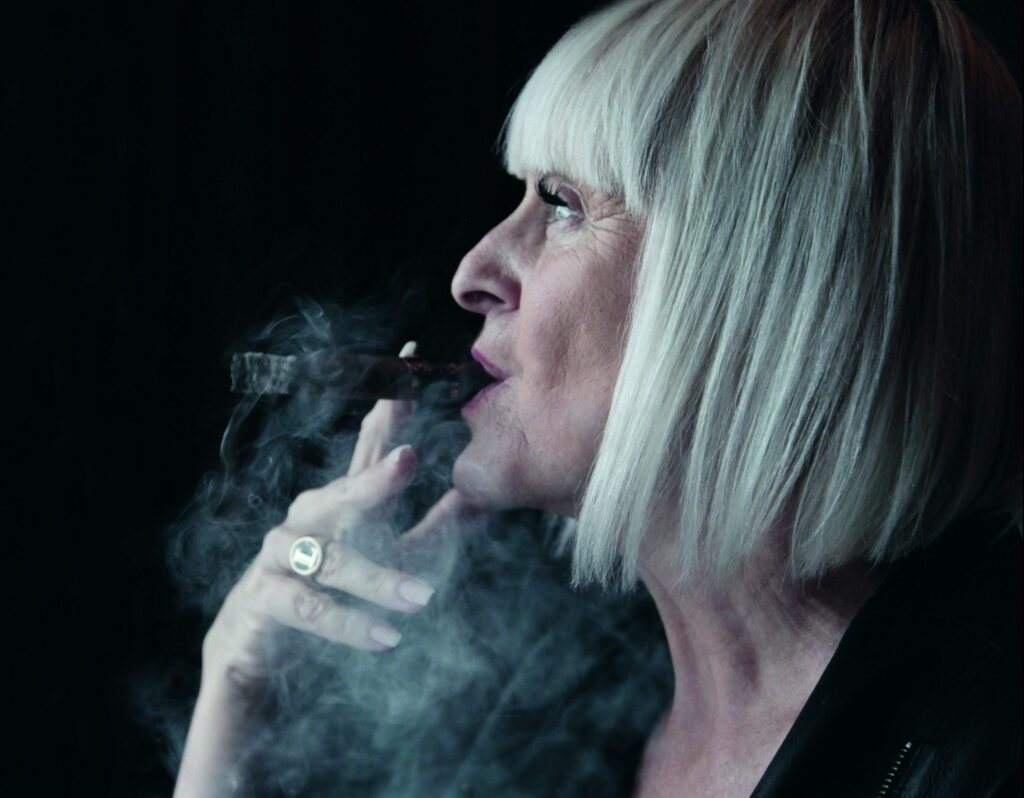
Sanja Lopar, from war journalist to cigar maker
Cigar lovers will be discovering a new brand this autumn, and behind that brand is a woman with an extraordinary past. This is her story.
“My cigars are me, I’ve put everything I am into them.” In other words, energy, charisma and definitely complexity, given the unusual path she has taken through life. The key to Sanja Lopar is a country, “the former Yugoslavia” as she calls it, and a city, Sarajevo, where she was born and lived through the terrible war years. “Try and get through one day, just one, without water and without electricity, just that, and you’ll understand what it was like to live without them for three years.”
War-torn Sarajevo
A renowned journalist in the 1980s, Sanja has a disarming smile and is someone who never gives up. In 1992, her son Sacha, then aged eight, was hit by shellfire in his kindergarten and received a very serious head wound. The Sarajevo hospital, with no water and only candles to provide light, was powerless to help. Time was running out for Sacha. He urgently needed to be taken out of the city, but the airport was closed. Sanja appealed to her political contacts and went to the UN HQ, where she was shocked to find soldiers sleeping among the remains of a banquet littered with magnums of Moët et Chandon champagne. Neither the general she approached nor the head of UNICEF came to her aid. All they could say was “We can’t do anything, the airport is closed.”
Bush’s Tupolev
So Sanja turned to her journalist friends for help, and went to the offices of US television network NBC. A team immediately followed her to the hospital and Sacha’s bedside, then to the UN HQ, where her reappearance, flanked by cameras, was met with a distinct lack of enthusiasm. The footage was filed without delay and broadcast on every TV channel in the US. The result? Next morning Sanja got a call from George Bush senior’s secretary. A few hours later, Sacha and his mother boarded a Tupolev, which whisked them off to the children’s hospital in Zagreb.
From Zagreb to Geneva
The race against time was not over. After examining her son, doctors gave her two totally contradictory recommendations. One advised an immediate operation, with a 10% chance of survival, while the other opposed the operation but gave very little hope that the child would survive. Sanja couldn’t make the decision, and pestered one of the neurosurgeons until he finally advised her to have Sacha transported to Switzerland. But how? Sanja once again called on her network of journalist friends, and thanks to Swiss daily newspaper La Tribune de Genève she was able to leave for Geneva with her son a few hours later. Sacha was operated on the very next day. He is now a healthy thirty-three-year-old with two children of his own and no after-effects.
From Geneva to Costa Rica
A new life opened up for Sanja in Geneva. Once she learned to speak French and German, she found a job working for a German renewable energy business, and is now their exclusive representative.
Then, ten years ago, she happened to taste a Behike produced for Cohiba’s fortieth anniversary. She was immediately blown away. Afterwards, she tried in vain to find another cigar that would have the same effect: “What puts me off the most is the bitterness you almost always find in the final third, what you call the head.” In 2010 she had a chance encounter with a cigar manufacturer in Costa Rica. She commissioned a few boxes of highly customized cigars rolled and assembled to suit her own tastes (without Costa Rican tobacco, which she doesn’t like), for her and her husband. She was delighted with a result she felt really reflected her personality, and ordered some more for her friends and family. Word gradually spread, and orders began arriving from various Swiss hotels and cigar lounges.
From Costa Rica to our cigar shops
Lop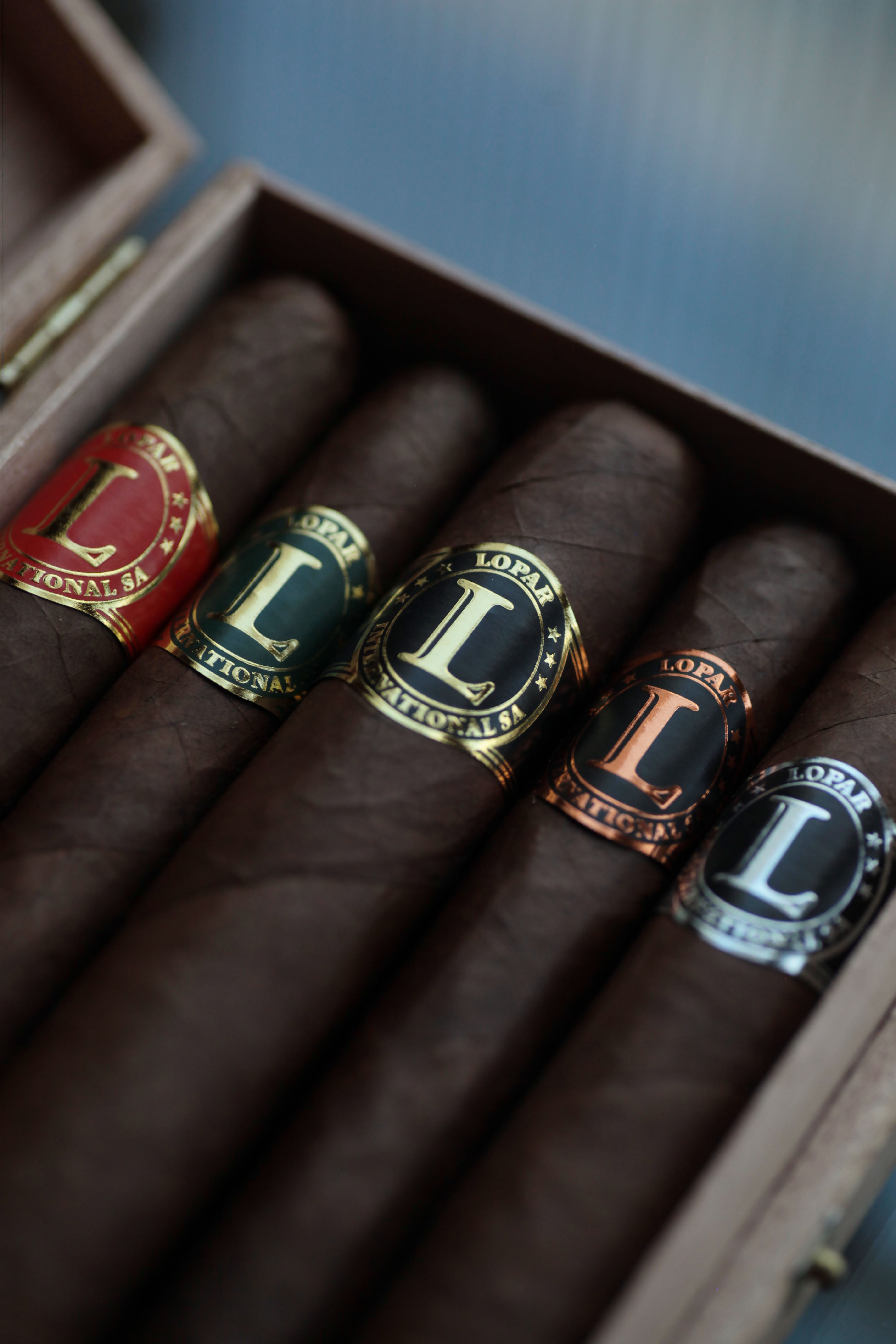
At €17 to €20, Lopar cigars are not cheap. “You say they’re expensive, and you’re right, but they’re very expensive to make,” explains Sanja. She points out the vintage wrappers aged for ten years, the extremely carefully selected tobacco, the eight leaves rolled in each cigar and the totally organic manufacturing process. “I’m not doing this to make a living, but because the success of the cigars led me into it, and I got hooked.”
You might also like
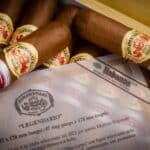
Diplomaticos Legendario, a churchill only for Italy
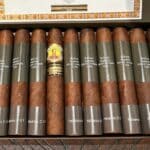
Partagas Línea Maestra and Bolivar Regentes LE 2021 finally hit Canadian shops
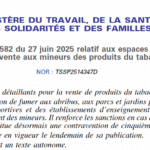
Smoking ban in parks and on beaches comes into effect in France
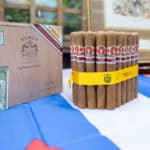
Punch Néctares No 50, the very first Regional Edition for Ireland

Luc Hyvernat appointed Deputy General Manager of Maya Selva Cigares
All the latest cigar news
